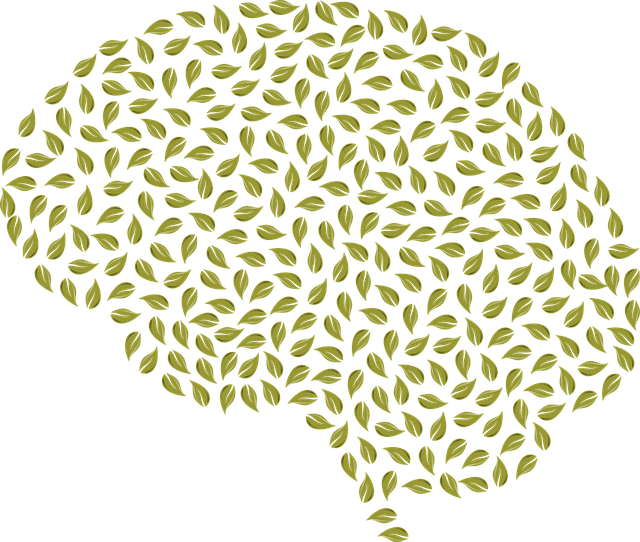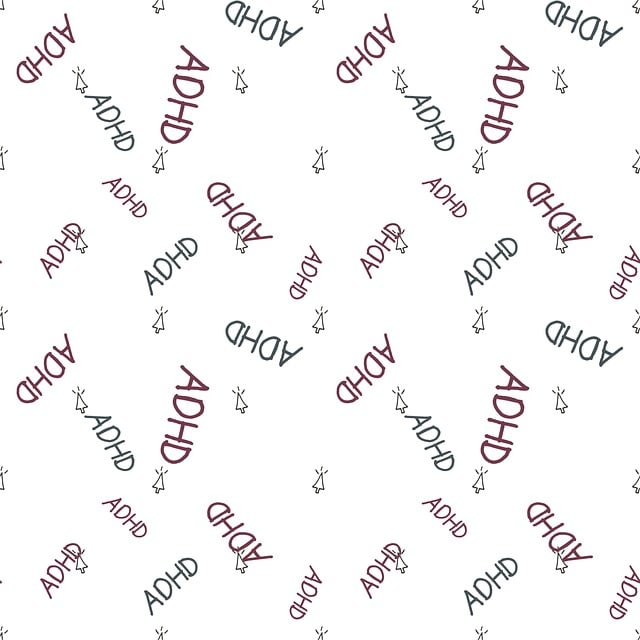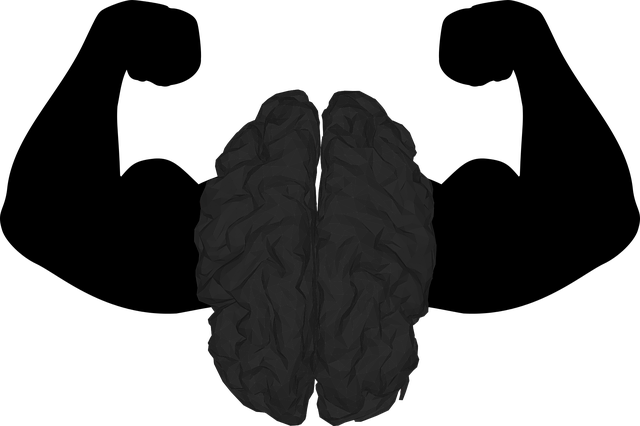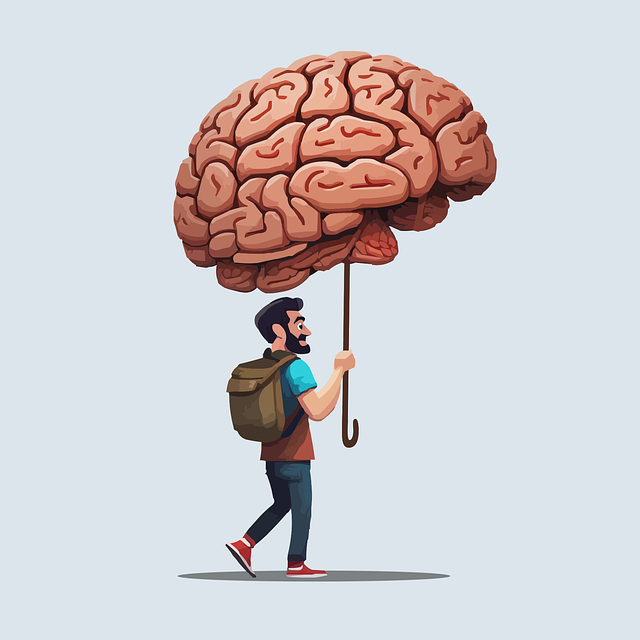Aurora Geriatrics Therapy prioritizes understanding geriatric mental health needs through comprehensive surveys, focus groups, and interviews with seniors and caregivers. They identify challenges like loneliness, depression, and cognitive decline, setting specific, measurable SMART goals to address them. Their program promotes emotional well-being, enhances social connections, and encourages active aging, incorporating culturally sensitive practices, mindfulness meditation, and confidence-boosting sessions. By tracking outcomes through quizzes or surveys, they ensure their programs effectively empower seniors for healthier, more resilient aging.
The design of an effective mental health education program, such as the Aurora Geriatrics Therapy initiative, involves a nuanced approach to cater to the unique needs of older adults. This article delves into the strategic development and implementation of such a program, focusing on key areas like assessing community needs, setting achievable goals, and creating engaging curricula.
It explores evidence-based practices, from identifying common mental health challenges specific to aging to incorporating multimedia and interactive workshops. Furthermore, it emphasizes the importance of fostering supportive learning environments, integrating mindfulness, and providing continuous support post-program.
- Assessing Needs and Setting Goals for Aurora Geriatrics Therapy Program
- – Identifying key areas of mental health focus within geriatric population
- – Defining program objectives and measurable outcomes
Assessing Needs and Setting Goals for Aurora Geriatrics Therapy Program

Assessing the needs of the geriatric population is a crucial step in designing an effective Aurora Geriatrics Therapy program. This involves understanding the unique challenges and mental health concerns prevalent within this demographic. By conducting comprehensive surveys, focus groups, and individual interviews with seniors and caregivers, professionals can identify areas of need, such as loneliness, depression, or cognitive decline. This process ensures that the program is tailored to address the specific requirements of the community.
Setting clear goals is an integral part of program design. For Aurora Geriatrics Therapy, these goals might include improving emotional well-being through compassion cultivation practices, enhancing social connections via community outreach programs, and promoting active aging. By setting measurable objectives, such as increasing participation rates in therapy sessions or improving overall life satisfaction scores, the program can be effectively evaluated and adapted to maximize its impact.
– Identifying key areas of mental health focus within geriatric population

The geriatric population faces unique challenges when it comes to mental health, necessitating tailored interventions. Key areas of focus within this demographic include addressing cognitive decline, depression, and anxiety, which are prevalent in older adults. According to Aurora Geriatrics Therapy, understanding the complexities of aging minds is crucial for effective care. Many elderly individuals struggle with adjusting to life changes, such as retirement or the loss of loved ones, leading to increased risk of mental health issues.
Targeting these concerns through comprehensive programs can significantly enhance overall well-being. Promoting mental wellness and providing anxiety relief tailored to seniors’ needs are essential components. Additionally, healthcare providers should be equipped with burnout prevention strategies, ensuring they can offer consistent support. This holistic approach, which includes education on mental health, has the potential to revolutionize geriatric care, fostering a healthier and more resilient aging process.
– Defining program objectives and measurable outcomes

When designing a mental health education program, such as those offered by Aurora Geriatrics Therapy, defining clear objectives and measurable outcomes is paramount. The program’s goals should be specific, achievable, relevant, and time-bound (SMART). For instance, an objective could be to “enhance participants’ understanding of common mental health issues among older adults” with a corresponding outcome measured through post-program quizzes or surveys. These measurable outcomes allow for tracking progress, identifying areas for improvement, and ensuring the program’s effectiveness in addressing its intended target audience’s needs.
Incorporating elements like Cultural Sensitivity in Mental Healthcare Practice, Mindfulness Meditation, and Confidence Boosting can significantly enrich the program’s curriculum. By integrating these aspects, the education becomes more inclusive and relevant to diverse participants. For example, teaching mindfulness techniques tailored to different cultural backgrounds enhances accessibility and engagement. Similarly, building confidence through interactive sessions enables older adults to actively participate in their mental health journeys, fostering a sense of self-reliance and empowerment.
The design of an effective mental health education program, such as the Aurora Geriatrics Therapy initiative, begins with a deep understanding of the geriatric population’s unique mental health needs. By identifying key areas of focus and setting clear objectives, like those outlined in this article, professionals can create targeted interventions. These strategies ensure that the Aurora Geriatrics Therapy Program not only addresses immediate concerns but also fosters long-term mental well-being among seniors, ultimately enhancing their quality of life.








